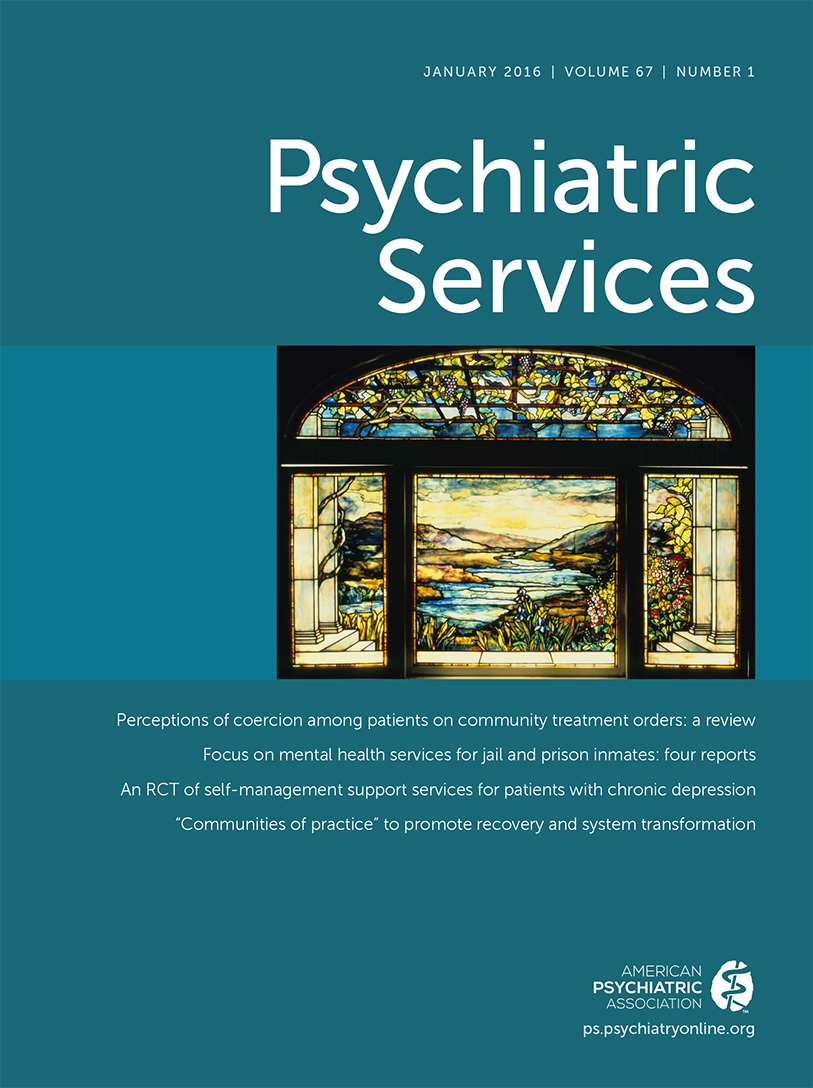Predictors of Treatment Noncompletion in a Sample of Inpatient Sex Offenders With Serious Mental Illness
Abstract
Objective:
Very little is known regarding noncompletion of sex offender treatment among sex offenders with serious psychiatric illness. The purpose of the study was to identify factors predictive of treatment noncompletion in a forensic psychiatric sample of 156 adult male sex offenders.
Methods:
All data were coded from archival client medical records. Variables of interest, including indicators of historical risk and clinical diagnoses made by hospital psychiatrists, were entered into both a linear regression equation with percentage of groups attended over two years as a continuous variable and a logistic regression equation for predicting more or less than 50% sex offender treatment group attendance.
Results:
Significant predictors of treatment noncompletion included number of arrests, recent physical aggression, length of admission, and diagnoses of borderline personality disorder, psychosis, and intellectual impairments.
Conclusions:
The resulting predictors indicate a combination of relevant variables for psychiatric sex offenders, combining both criminal risk and clinical risk indicators. Suggested reasons for these findings and implications for predicting treatment noncompletion by psychiatric sex offenders are discussed.



